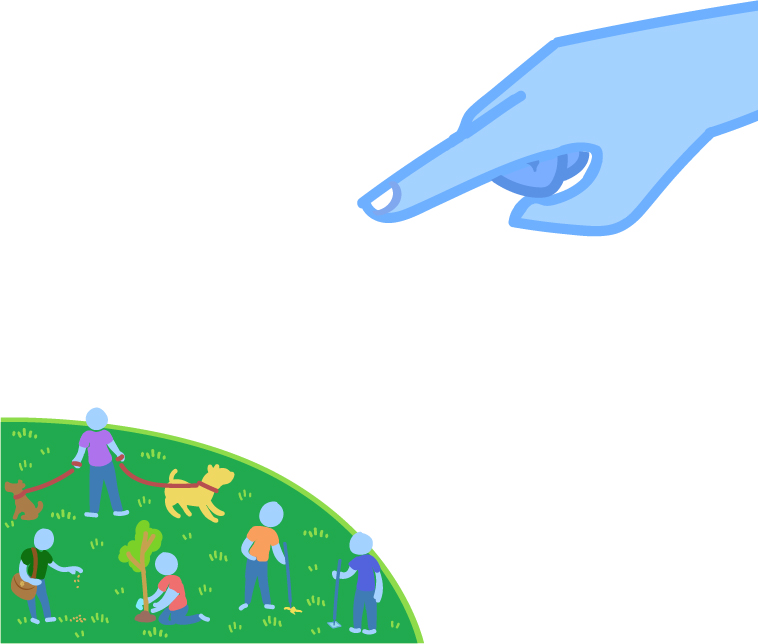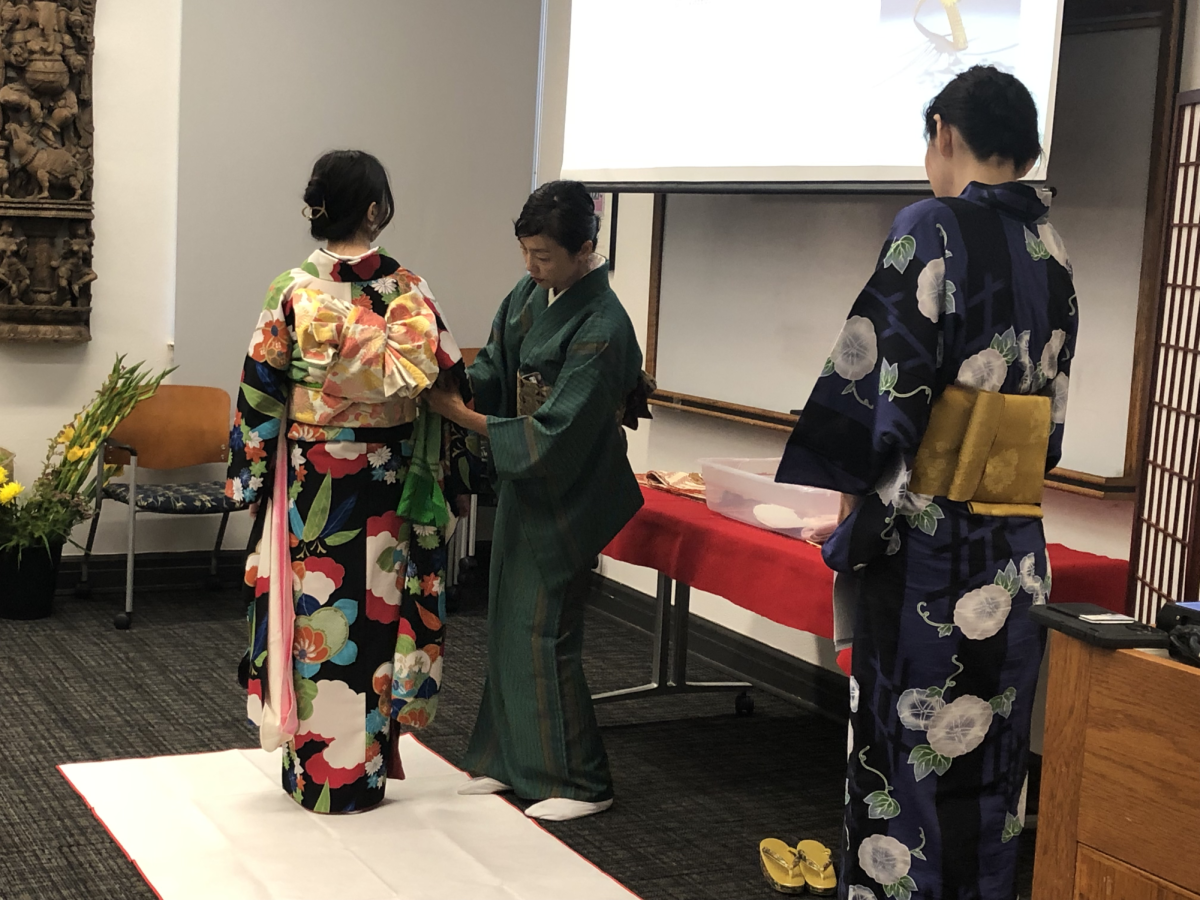Dirty soap. Little giant. Mandatory volunteerism.
These pairings are obvious oxymorons, yet unlike the first two, the last is a common feature of college life. Whether the contradiction is a good or bad thing is less plain to see.
From Greek life to spirit groups to campus clubs, volunteer hours are required across the spectrum of student organizations. Spirit group Texas Royals advertises community service as a core tenant on its website, and according to mathematics freshman Erika Young, members join fully informed of the expectation of service.
“The Royals’ philanthropy focus is Alzheimer’s research, so it makes sense that we’re required to volunteer in the Alzheimer’s wing of a nursing home,” Young said. “Girls wouldn’t join if they didn’t care about that and want to be involved with the cause.”
For Young, it’s a positive thing that service is required, because it spurs members to be more involved than they would be without the extra push from Royals.
“A lot of us wouldn’t be this connected to the community if it weren’t for Royals,” Young said. “And since the service is set up through the org, a lot of us sign up together and it becomes something fun to do with friends, not something to dread.”
For heavily involved students, mandatory service hours can easily become another task to cross off the to-do list rather than a meaningful engagement with the community. This is the case for Connor Alexander, government and journalism freshman, who balances a 16-hour course load with an internship at the Texas State Capitol, not to mention involvement in student organizations.
“In my own experience, when organizations have requirements for volunteer hours, there tends to be a dip in my engagement with the service,” Alexander said. “I think requirements are an initiative to get started for some people, but I prefer to be part of groups that offer service opportunities so that when I volunteer it’s really voluntary.”
Alexander points out that options for mandatory service are usually limited to physical activities such as picking up trash from Lady Bird Lake and helping out at community gardens.
“I think those donations of time and labor are community service, but I think fundraising or donating your own money is community service, too,” Alexander said. “Those options usually don’t count toward required service though, so people limit their energy to physical volunteer work because that’s what they’ll get credit for.”
Jonathan Dancy, a professor in the Department of Philosophy with an interest in ethics, offers a view similar to Young’s.
“The idea of something being both voluntary and involuntary certainly looks odd,” Dancy said. “But members accept the imposition of service hours when they join a group, which they do by choice.”
According to Dancy, the dynamic between service groups and their members is similar to the dynamic between parents and children. Part of a parent’s role is helping develop their child’s moral compass and instilling values in them, which on occasion means making the child do something they don’t want to do. Dancy said the same principle applies to service groups, which are helping their members incorporate volunteerism into their lives.
“Children often come to appreciate the things their parents taught them, even if they resisted at first,” Dancy said. “This isn’t always the case of course, but things would be far worse if people never made their children do anything they didn’t want to do naturally.”





















